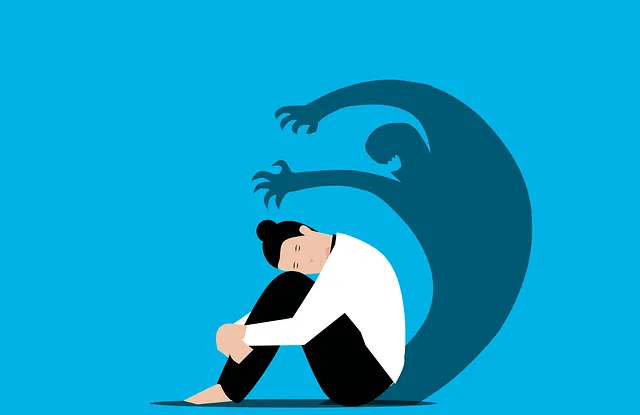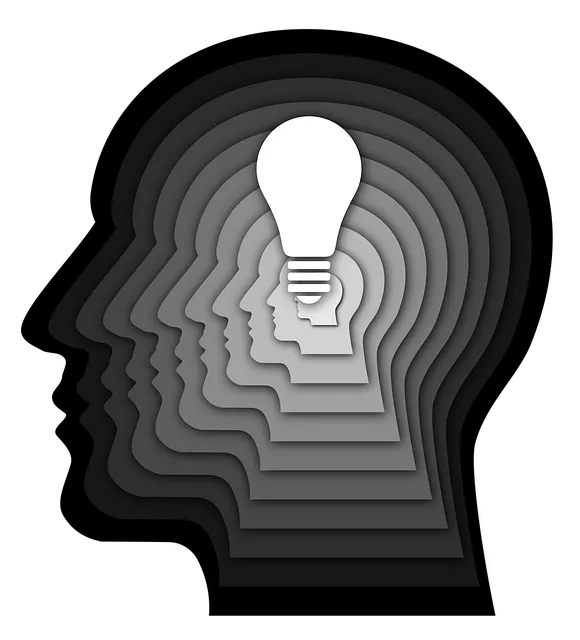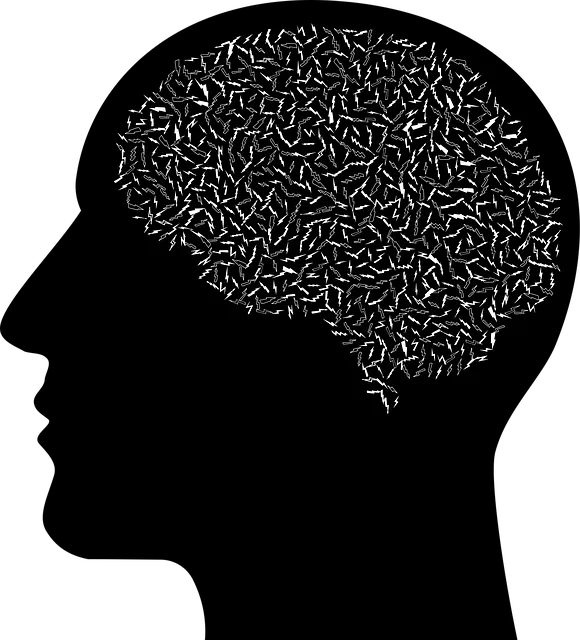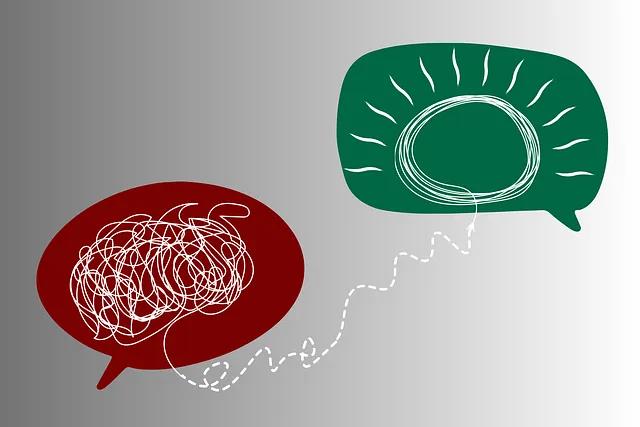The Kaiser Permanente behavioral health center Boulder provides specialized support for individuals and families dealing with loss, grief, and bereavement. Their holistic approach focuses on stages of coping, developing emotional intelligence, and improving communication strategies. Through individual or group therapy, counseling sessions, and evidence-based practices like Mind Over Matter, they equip clients with resilience-building skills to process emotions, remember loved ones, and rebuild their lives while cherishing shared memories.
Loss, grief, and bereavement are profound experiences that can significantly impact an individual’s well-being. This comprehensive guide explores these complex emotions, offering insights into their understanding and management. The article delves into the supportive role of counseling at the Kaiser Permanente Behavioral Health Center in Boulder, highlighting effective coping strategies for various types of grief. Additionally, it provides accessible resources and support systems to foster healing after loss. Discover practical steps towards navigating and overcoming these challenging periods.
- Understanding Loss, Grief, and Bereavement: A Comprehensive Overview
- The Role of Counseling at Kaiser Permanente Behavioral Health Center Boulder
- Types of Grief and Common Coping Strategies
- Accessing Support and Resources for Effective Healing
Understanding Loss, Grief, and Bereavement: A Comprehensive Overview

Loss, grief, and bereavement are complex emotional experiences that can significantly impact an individual’s well-being. Understanding these concepts is the first step towards healing. Loss refers to the absence or departure of someone or something valued, such as a loved one, while grief is the intense emotional reaction to this loss. Bereavement, on the other hand, is the period after a significant loss when individuals cope with their feelings and adjust to life without the person they’ve lost. At the Kaiser Permanente behavioral health center Boulder, professionals are dedicated to providing support through these challenging times.
The process of coping with loss involves various stages and can be unique for each individual. Developing coping skills, enhancing emotional intelligence, and improving communication strategies are key components in navigating this journey. These strategies help individuals process their emotions, remember the person they’ve lost, and gradually rebuild their lives while cherishing the memories shared. Effective support from healthcare providers ensures that those experiencing loss have a safe space to express themselves and receive guidance tailored to their specific needs.
The Role of Counseling at Kaiser Permanente Behavioral Health Center Boulder

At Kaiser Permanente Behavioral Health Center Boulder, counseling plays a pivotal role in supporting individuals and families navigating loss, grief, and bereavement. This center recognizes that grief is a complex process unique to each person, and their team of mental health professionals offers tailored support. Counseling sessions provide a safe space for clients to express their emotions, memories, and feelings associated with loss, fostering an environment where healing can commence.
Through individual therapy, group support, or both, the center aims to enhance resilience-building skills, which are crucial in managing grief and preventing mental illness stigma reduction efforts. By engaging in open dialogue, clients gain insights into their coping mechanisms and learn healthy strategies to process grief, ultimately improving their overall mental health awareness and well-being.
Types of Grief and Common Coping Strategies
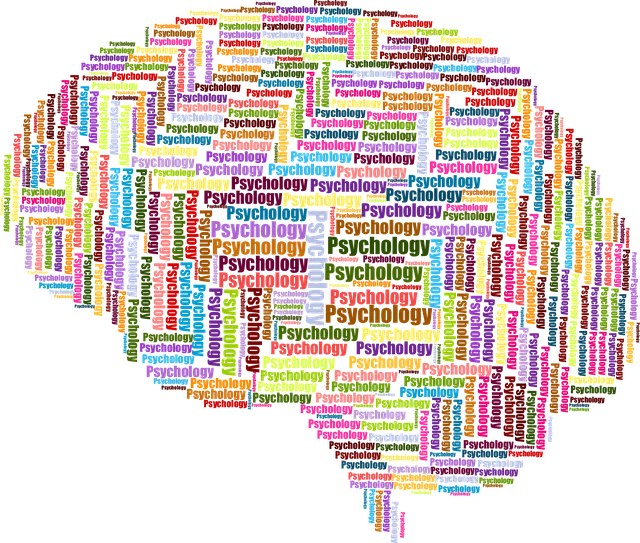
Grief is a complex process that can manifest in various forms, and understanding these types is an essential step in the healing journey. At the Kaiser Permanente behavioral health center Boulder, professionals recognize and address distinct grief stages, including anticipatory grief—the emotional preparation for a loss—and complacent grief, where individuals initially avoid facing their sorrow. Each stage requires unique support to navigate through.
Common coping strategies employed by those experiencing bereavement include engaging in self-care practices like exercise and meditation to promote mental wellness. Joining support groups or seeking individual therapy can provide a safe space for processing emotions. Mental health awareness advocates emphasize the importance of these resources, which facilitate the natural emotional healing processes. Additionally, creative outlets such as writing or art therapy allow individuals to express their grief, fostering a sense of closure and personal growth within the context of loss.
Accessing Support and Resources for Effective Healing

Healing from loss is a deeply personal journey, and accessing the right support can be transformative. The Kaiser Permanente behavioral health center Boulder offers specialized services for individuals navigating grief and bereavement. Their team of trained professionals employs evidence-based practices, such as Mind Over Matter principles, to help clients manage stress and develop healthy coping mechanisms. This holistic approach not only addresses emotional needs but also integrates self-care practices into the healing process.
Resources available at the center include individual counseling sessions, support groups, and educational workshops focused on various aspects of grief. By leveraging these services, individuals can find solace, gain insights, and cultivate resilience. Incorporating stress management techniques and adopting effective self-care practices are integral parts of the healing journey, enabling one to process emotions, regain a sense of control, and move forward with grace.
Grief is a complex process, and seeking professional support can be transformative. The Kaiser Permanente Behavioral Health Center Boulder offers specialized counseling services tailored to help individuals navigate loss and bereavement. By addressing unique types of grief and providing accessible resources, their experienced professionals enable healing and resilience. Understanding that every person’s journey is distinct, this center empowers folks to find personal growth amidst challenging life transitions.


